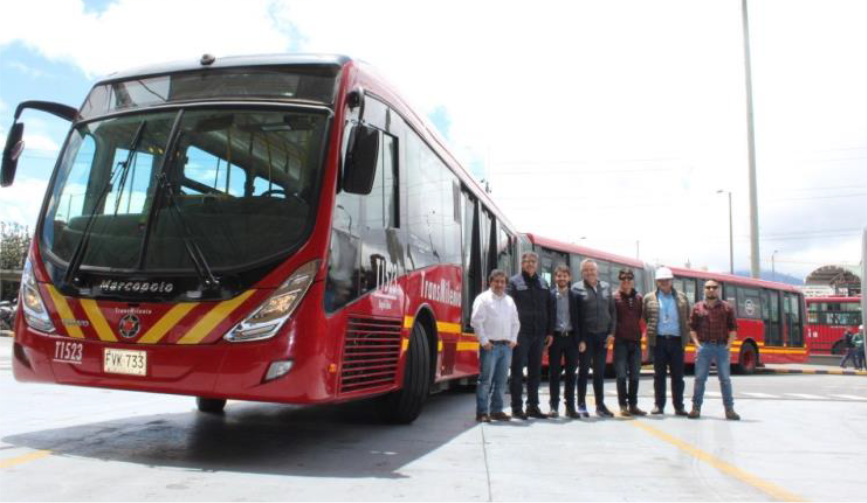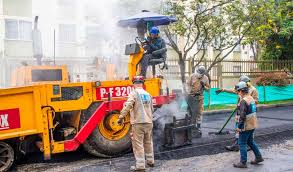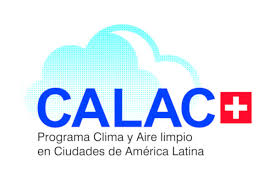CALAC+ aims at facilitating and providing technical input to national and local authorities and stakeholders in Bogota to address the problem of air pollution and greenhouse gas emissions from urban transport and non-road mobile machinery.
BACKGROUND
- Air Quality Strategy, which prioritizes the reduction of emissions generated by motor vehicles, (ii) National Electric Mobility Strategy to encourage the use of electric vehicles in the country.
- Law 1972 /2019 which sets measures for the reduction of air pollutant emissions from mobile sources circulating in the national territory, (ii) Amendment of Resolution 910 (2008), regulation of permissible levels of pollutant emissions from land mobile sources.
- As of June 2019, more than one thousand vehicles of the Transmilenio fleet were replaced by Euro VI standard natural gas vehicles (51%) and Euro V standard diesel vehicles with filter (49%).
- Update of the Colombian NDC, which outlines Colombia’s contribution to climate change mitigation, particularly in the transport sector.
PARTNERS
- Ministry of Environment and Sustainable Development.
- Ministry of Transport.
- Government of Bogota.
- Transmilenio.
- Urban Development Institute.
INTERVENTION
C1. Soot-free and low carbon buses
- Elaboration of a report with recommendations for upgrading systems and technologies to monitor and control emissions from mobile sources in Colombia in line with the objectives outlined in CONPES 3943 “Policy for Air Quality Improvement”.
- Coordination of meetings between the Ministry of the Environment and relevant stakeholders such as Bogota´s Secretariat of the Environment, the CAR, the Superintendence of Transport, the National Road Safety Agency, Ecopetrol, Transmilenio and the Automotive Diagnostic Centres to gather information for regulatory updates on low-soot transport.
- Support in the preparation of technical and regulatory documents for migration to Euro VI technology.
- Advice during meetings to update national climate change mitigation goals in the transport sector under the Paris Agreement commitments.

C2. Urban policy incubators for off-road machinery
- Preparation of the first national inventory of non-road mobile machinery (NRMM) and NRMM emissions in accordance with the methodological guide prepared by the program and reviewed by experts in the region.
- Development of the tool for calculating NRMM emissions.
- Support in the development of regulatory and technical frameworks for off-road machinery standards, as well as other incentives and disincentives, that will lead to a reduction of emissions from off-road machinery.
- Coordination of meetings with the private and public entities in charge of road works in Bogota, such as the Road Maintenance Unit and the Urban Development Institute, and at the national level, with the National Infrastructure Agency, as well as with different associations (FENALCO)

C3. Global knowledge management network
- Training and sharing of experiences and best practices, synergy and collaboration around transport projects funded by SDC in other cities.
- Organization of webinars on low and zero-emission systems aimed at technical experts and decision-makers in the environmental sector.
- Systematization of experiences developed in components 1 and 2 for dissemination through virtual platforms and capacity building events.
